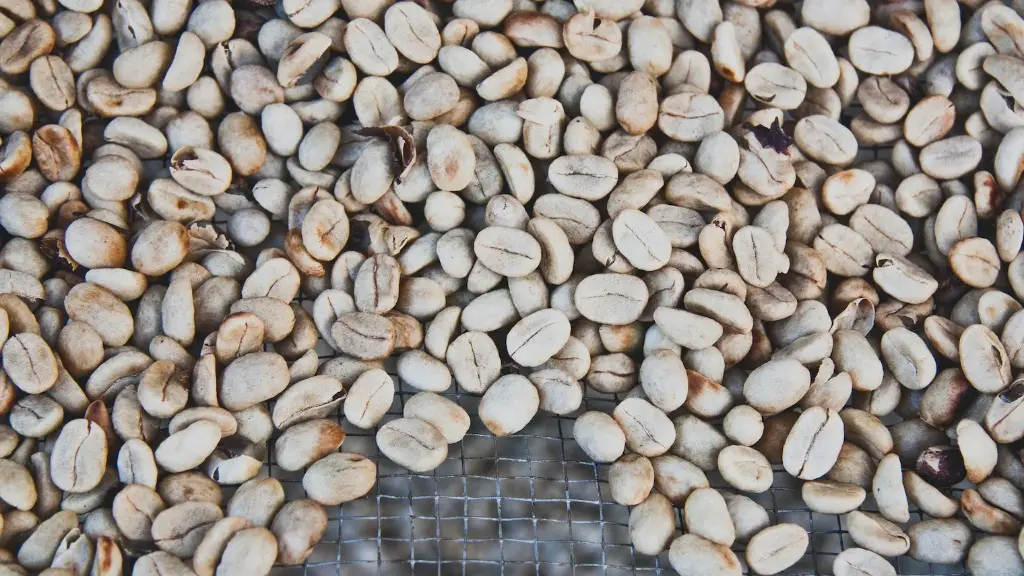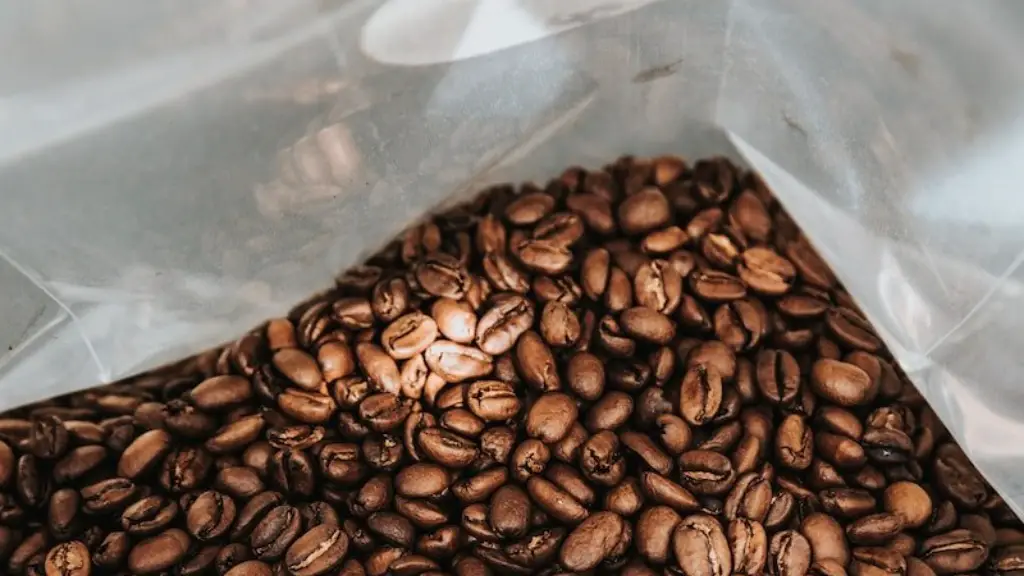High blood pressure, or hypertension, is a common health condition that affects roughly one-third of the American population. It is often caused by underlying medical conditions and can be exacerbated by unhealthy lifestyle behaviors. Although exercise, dietary changes, and medications are the cornerstone of care for most people who suffer from hypertension, there are a few specific activities that are worth looking into. For one, is it safe for people with hypertension to drink coffee?
The answer isn’t black and white. According to the American Heart Association, in moderation, coffee and other caffeinated beverages aren’t known to increase blood pressure, but caffeine can be a trigger for some people. Furthermore, some studies suggest that people with hypertension may derive certain health benefits from drinking coffee. Caffeine found in coffee, for example, may reduce the risk of developing diabetes, and is thought to help alleviate the symptoms of many neurological disorders.
Generally speaking, the American Heart Association recommends that people with high blood pressure pay special attention to their daily caffeine intake. The recommended intake is no more than two to three 8-ounce cups of coffee per day. If you are someone who suffers from hypertension, keep an eye on the amount of coffee and other caffeinated beverages you consume. Too much could have an impact on your blood pressure.
In addition to caffeine intake, the National Heart, Lung, and Blood Institute encourages people with hypertension to watch out for any added sugar and sweeteners in their coffee drinks. Studies have shown that high sugar intake can significantly raise blood pressure levels. If you’re going to enjoy a cup of coffee, opt for a black one and limit any added sweeteners.
Ultimately, it’s important for people with hypertension to understand that lifestyle behaviors such as drinking coffee or consuming caffeine in any form can be both beneficial and detrimental. If the caffeine intake is kept in moderation and added sugars are avoided, a cup of coffee can actually be beneficial to someone with high blood pressure. But if these guidelines aren’t followed, the opposite can occur. As always, it’s best to discuss with your doctor.
On the Effect of Roasting
The roasting process – how dark the beans are roasted – can further influence the overall impact of coffee on hypertension. This is due to changes in compound concentrations that occur during the roasting process. Studies have shown that the amount of caffeine in a bean decreases as the bean is roasted, while the amount of antioxidants increases, and that lighter roasted beans contain more caffeine and less antioxidants than darker roasted beans. Lighter roasted beans are, on average, higher in caffeine content, and darker roasted beans are higher in antioxidants, which may counter the effect of the caffeine.
Studies have also shown that dark roasted coffee may help reduce blood pressure levels compared to light roast coffee. As dark roast coffee beans contain lower amounts of caffeine, some researchers believe this type of coffee may be beneficial for hypertension patients by providing the antioxidant properties without the added caffeine content.
So if you suffer from hypertension, it’s always important to take into consideration the type of coffee bean you’re using. Pay attention to whether it’s light or dark roasted, and monitor the amount of caffeine intake. It may be beneficial to opt for a dark roast coffee bean instead, as this type of coffee has significantly less caffeine and more antioxidants than its lighter counterparts.
On Coffee and Cardiovascular Health
There have been a number of studies that indicate that coffee consumption may be beneficial for cardiovascular health, particularly for those with hypertension. While caffeine can act as a stimulant in people with hypertension, regular, moderate consumption may actually reduce the risk of stroke, heart attack, and other cardiovascular diseases.
Some studies have even indicated that people with high blood pressure who drink up to a moderate amount of coffee per day may enjoy a decreased risk of developing heart failure, coronary heart disease and other heart-related complications. The key is to limit the amount consumed and pay attention to any significant increases in blood pressure.
It’s important to keep in mind that not all studies have yielded the same results, and results may differ depending on various factors such as the type of coffee consumed, the dose, the individual’s age, diet, and lifestyle. As always, it’s best to consult your doctor before making drastic dietary changes related to your health condition.
On the Connection Between Coffee and Stress
High levels of stress can increase blood pressure levels and it’s possible that drinking coffee may help reduce some of the impact of stress. Caffeine has been found to increase alertness, which can in turn reduce the stress response. Furthermore, research has shown that caffeine has mild anxiety-reducing effects, which can help reduce stress levels and subsequently, blood pressure.
In addition to the mild anxiolytic effects of caffeine, research has also suggested that regular consumption of coffee may lead to reduced levels of cortisol, a hormone released in response to stress. As cortisol is a hormone associated with hypertension, these results indicate that regular consumption of coffee may help reduce blood pressure levels.
However it’s important to keep in mind that these results vary greatly between individuals and may be dependent on the amount of caffeine consumed. As with all things related to your health, it’s best to consult with your doctor before making any drastic changes to your daily caffeine consumption.
On the Bottom Line
The bottom line is that it is possible for people with high blood pressure to drink coffee, but it is important that they monitor their caffeine intake, the amount of sugar added in their coffee, and the type of coffee bean utilized. Generally speaking, a moderate amount of coffee may be beneficial for people with hypertension as it can help reduce stress levels and provide certain antioxidants. But if the guidelines aren’t followed, it can be detrimental.
Ultimately, it’s important to keep in mind that what works for one person may not be the same for another person, especially when it comes to health and dietary concerns. That’s why it’s always best to discuss coffee and caffeine consumption with your doctor and keep an eye on your blood pressure.




